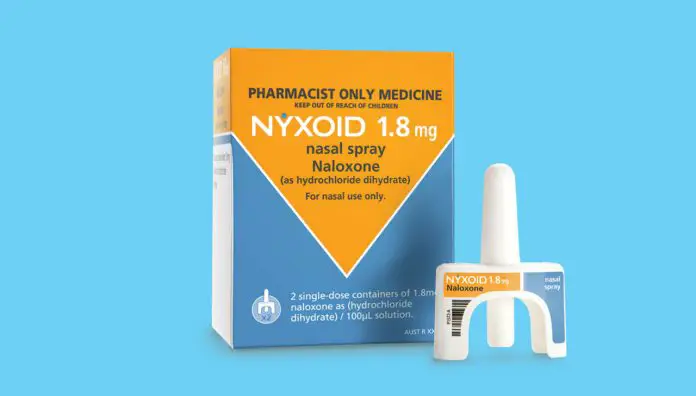Why won’t they stop using?
Many people think that all a person with an addiction has to do is stop using. They can get angry and frustrated when their loved one continues to use, even when it causes such negative consequences.
The reality is that it’s not that simple. For example, if it were, the person experiencing an addiction wouldn’t miss the birth of their child because they are out using drugs. Or they wouldn’t put themselves into significant debt or blow off their already frustrated partner on a date because they want to get high?

At first, using alcohol or other drugs is usually a choice. When the frequency and volume of use increase, it can become an addiction. Most people experiencing addiction begin by thinking that they could stop if they wanted to. But, it’s only after repeatedly failing to stop that they may start to see they have a problem.
Significant changes in the brain structure may occur because of long-term alcohol or other drug use. These changes may lead to many behavioural changes in the user, which causes an inability to control their drug-taking impulses. Since these brain changes may persist long after the person has stopped using, the risk of relapse, especially early in recovery, may still be quite high.
For most types of alcohol or other drugs, the brain may only return to normal functioning after around 12 months of sobriety, but this can vary depending on individual circumstances.
Understanding the strong biological component of addiction can help explain why people experiencing addiction may not be able to stop on their own. Without even being aware, a person experiencing addiction may experience intense cravings after being triggered by things such as:
- work stress
- family issues
- physical pain
- social encounters
- smells.
At this point, you may feel hopeless, but all hope is not lost. The fact that you are reading this and wondering how to get help proves that there is still hope for your loved one to recover.
First, you will need to accept the fact that your loved one may not be able to stop on their own. When you have accepted this, you can begin helping them get into treatment. Research shows that active participation in rehabilitation treatments is essential in creating positive, lasting results and can help even the most heavily addicted users. Whether it be counselling, out-patients programs or residential programs, help is available when your loved one is ready to accept it.
We are here to help
If you or a loved one are struggling with addiction, let Seahaven guide you to a place of safety and recovery. Our rehab centre is a sanctuary from the turmoil of living with alcohol or other drug addiction.
Get in touch today to start your journey to recovery.





